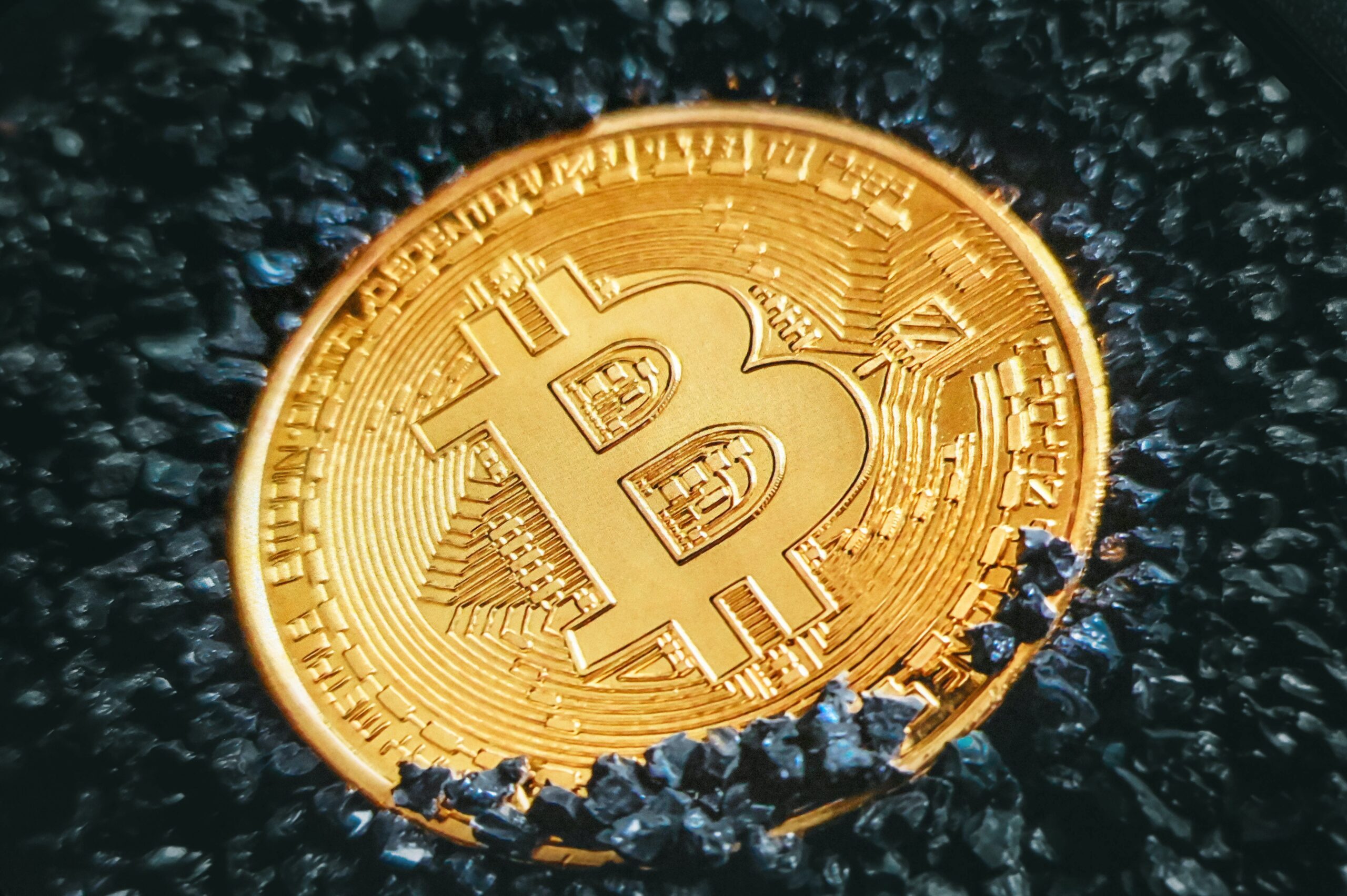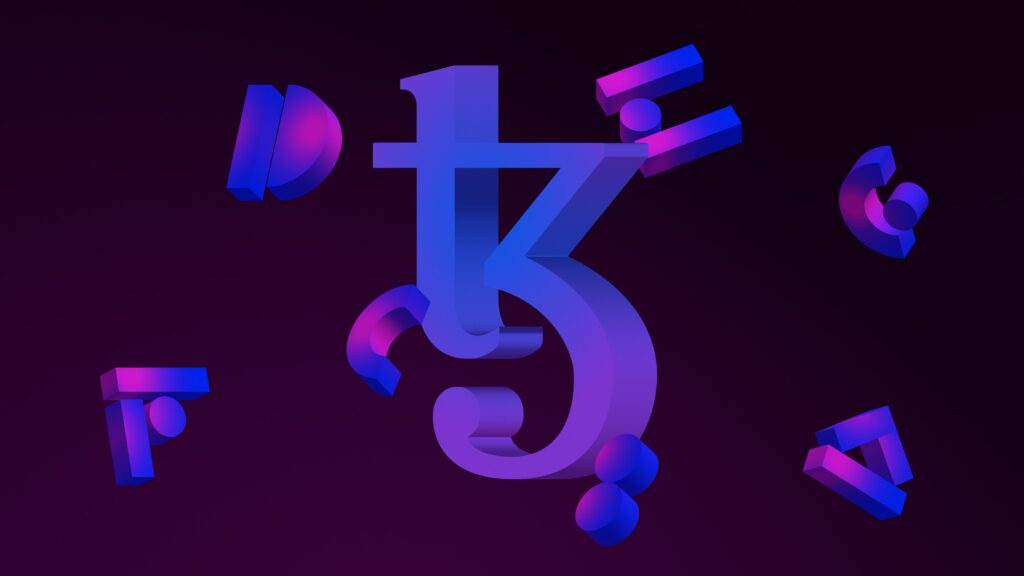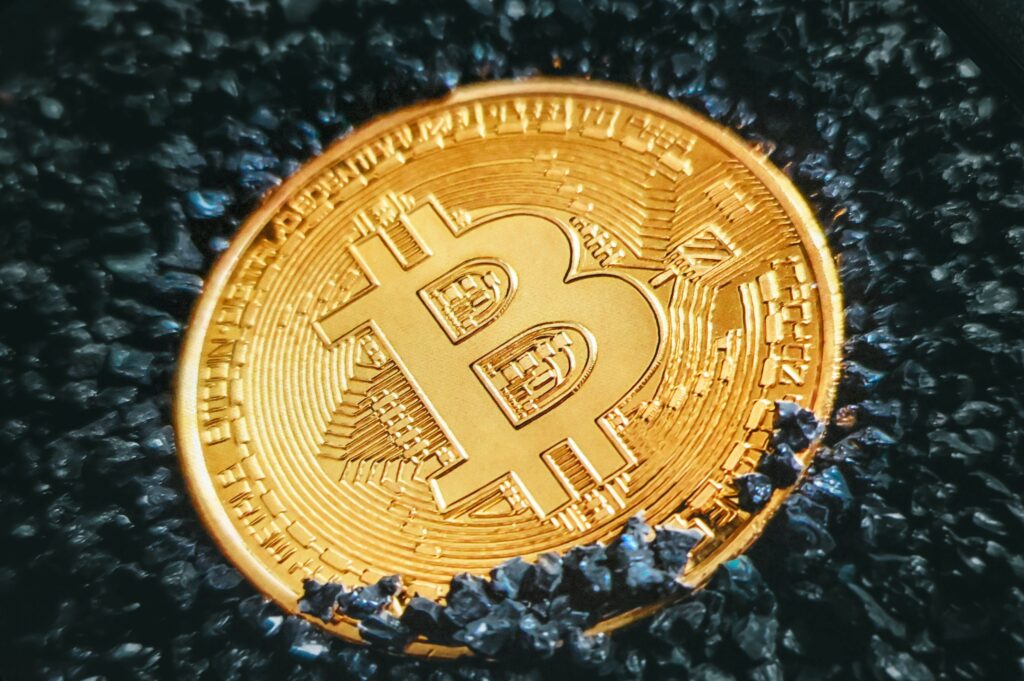
Investing in Bitcoin has become increasingly popular in recent years, with many individuals seeking to capitalize on the potential gains. However, for those who have a Roth IRA, the question arises: Can I buy Bitcoin in a Roth IRA? This article explores the possibility of including Bitcoin as part of your Roth IRA investment strategy, discussing the benefits and considerations that come with this unique investment opportunity. Whether you’re a seasoned investor or new to the world of cryptocurrencies, this article provides valuable insights into the potential of incorporating Bitcoin into your retirement savings.
Overview of Roth IRAs
What is a Roth IRA?
A Roth IRA, or Individual Retirement Account, is a type of retirement savings account that offers tax benefits to individuals. Unlike traditional IRAs, contributions to a Roth IRA are made with after-tax income, meaning that withdrawals during retirement are tax-free. Roth IRAs were introduced in 1997 as a way to encourage individuals to save for retirement by providing them with a tax-efficient vehicle for long-term investment growth.
Benefits of a Roth IRA
There are several key benefits to investing in a Roth IRA. One of the most significant advantages is the tax-free growth of investment earnings. Since contributions are made with after-tax income, any earnings or capital gains generated within the account are not subject to taxation when withdrawals are made in retirement. This can result in substantial tax savings over time. Additionally, Roth IRAs do not have required minimum distributions (RMDs) during the account holder’s lifetime, allowing for greater flexibility in managing retirement income.
Investment options in a Roth IRA
Roth IRAs offer a wide range of investment options, including stocks, bonds, mutual funds, and exchange-traded funds (ETFs). These traditional investment vehicles have been the go-to choices for Roth IRA investors, providing diversification and potential for long-term growth. However, in recent years, alternative investments such as cryptocurrencies have gained traction, opening up new possibilities for investors looking to incorporate assets like Bitcoin into their retirement portfolios.
Bitcoin and Roth IRAs
Overview of Bitcoin
Bitcoin is a decentralized digital currency that was created in 2009 by an unknown person or group of people using the name Satoshi Nakamoto. It operates on a technology called blockchain, which is a distributed ledger that records all transactions across a network of computers. Bitcoin is often referred to as a cryptocurrency, as it uses cryptography to secure transactions and control the creation of new units.
Is Bitcoin allowed in a Roth IRA?
While traditional investment options in a Roth IRA are well-established and regulated, the inclusion of Bitcoin raises questions about its eligibility. The Internal Revenue Service (IRS) has not explicitly prohibited the inclusion of Bitcoin in a retirement account, leaving open the possibility for investors to hold Bitcoin within a Roth IRA. However, it is essential to understand the IRS regulations surrounding Bitcoin investments in retirement accounts to ensure compliance and avoid potential tax consequences.
IRS regulations on Bitcoin in retirement accounts
The IRS has classified Bitcoin and other cryptocurrencies as property for tax purposes. Therefore, the same rules that apply to the buying, selling, and holding of property also govern Bitcoin investments in retirement accounts. According to IRS guidelines, any gains or losses from the sale or exchange of Bitcoin within a Roth IRA are subject to taxation. Additionally, investors must adhere to reporting requirements for Bitcoin investments, including disclosure of the fair market value of Bitcoin held in their Roth IRAs.

Setting Up a Self-Directed Roth IRA
What is a self-directed Roth IRA?
a self-directed Roth IRA is a type of retirement account that allows investors to have more control over their investment choices. Unlike traditional Roth IRAs, which are typically limited to the investment options provided by banks or brokerage firms, a self-directed Roth IRA expands the range of possibilities by allowing investors to choose from a wider selection of assets, including alternative investments like Bitcoin.
Finding a custodian for a self-directed Roth IRA
To set up and manage a self-directed Roth IRA, investors must work with a custodian or a qualified trustee who specializes in administering self-directed retirement accounts. The custodian will handle the administrative tasks, such as processing contributions and distributions, and ensure compliance with IRS regulations. It is crucial to select a custodian carefully, as not all financial institutions or trustees offer self-directed IRA services or support alternative investments like Bitcoin.
Process of setting up a self-directed Roth IRA
Setting up a self-directed Roth IRA follows a similar process to that of a traditional Roth IRA. Investors must first choose a custodian that offers self-directed IRA services. Once a custodian is selected, the investor will need to complete the necessary paperwork to open the account and transfer funds from an existing Roth IRA or make new contributions. The custodian will guide the investor through the process and provide information on investment options, including Bitcoin, within the self-directed Roth IRA.
Choosing a Bitcoin Investment
Types of Bitcoin investments
Investing in Bitcoin within a self-directed Roth IRA can take various forms. One option is to purchase and hold actual Bitcoin, storing it in a digital wallet. Another option is to invest indirectly through Bitcoin investment trusts or Exchange Traded Notes (ETNs), which provide exposure to Bitcoin’s price movements without requiring direct ownership. Additionally, some investors may opt for Bitcoin futures contracts or options to gain exposure to Bitcoin’s price volatility.
Risks and considerations
Investing in Bitcoin, like any other asset, carries its own set of risks and considerations. Bitcoin is known for its extreme price volatility, which can result in significant gains or losses within short periods. Additionally, Bitcoin is susceptible to regulatory changes, market manipulation, and cybersecurity threats. Investors should carefully evaluate their risk tolerance and financial goals before including Bitcoin in their self-directed Roth IRA portfolios.
Researching and evaluating Bitcoin investments
Thorough research and due diligence are essential when Considering a Bitcoin investment within a self-directed Roth IRA. Investors should examine factors such as historical performance, market trends, underlying technology, and the regulatory environment. Additionally, it may be helpful to seek advice from experts or financial advisors who have experience with Bitcoin investments to gain insights and make informed decisions.

Tax Implications of Bitcoin in a Roth IRA
Tax advantages of investing in Bitcoin within a Roth IRA
Investing in Bitcoin within a Roth IRA offers unique tax advantages. As mentioned earlier, contributions to a Roth IRA are made with after-tax income, meaning that any gains from Bitcoin investments within the account are tax-free. This can be advantageous in situations where Bitcoin experiences significant price appreciation, as the earnings can be withdrawn during retirement without incurring tax liabilities.
Reporting and compliance
While the tax advantages of investing in Bitcoin within a Roth IRA are appealing, it is crucial to comply with IRS reporting requirements. Investors must accurately report their Bitcoin holdings and any transactions within their self-directed Roth IRA, including the fair market value of Bitcoin as of the end of each tax year. Failure to comply with reporting requirements can result in penalties or unwanted attention from the IRS.
Required Minimum Distributions (RMDs)
One of the notable advantages of a Roth IRA is that it does not require an account holder to take mandatory minimum distributions (RMDs) during their lifetime. Traditional IRAs, on the other hand, have RMD obligations starting at age 72, which can impact retirement planning. By including Bitcoin in a Roth IRA, investors can potentially benefit from tax-free growth without worrying about RMDs, providing greater flexibility in managing retirement income.
Security Concerns and Safeguarding Bitcoin
Protecting your Bitcoin funds
Given the digital nature of Bitcoin, security is of utmost importance. Investors must take precautions to protect their Bitcoin funds from theft or loss. This includes implementing strong passwords and multifactor authentication on digital wallets, and regularly backing up wallet data. It is also crucial to be aware of phishing attempts and avoid sharing sensitive information online or with unknown parties.
Cold storage options
To enhance security, many Bitcoin investors choose to store their funds offline in a method known as cold storage. Cold storage involves keeping Bitcoin private keys or wallet seeds in a device or medium that is not connected to the internet. This significantly reduces the risk of online attacks or hacking attempts, providing added peace of mind for investors.
Avoiding scams and fraud
The rise of cryptocurrencies has also been accompanied by an increase in scams and fraudulent schemes. Investors must remain vigilant and exercise caution when dealing with Bitcoin investments. It is crucial to verify the credibility and legitimacy of investment opportunities, conduct thorough research, and avoid unsolicited investment offers or deals that promise unrealistic returns. Involving reputable custodians and advisors can provide an additional layer of protection against scams and fraud.

Diversifying Your Roth IRA Portfolio
Importance of diversification
Diversification is a fundamental principle of investment portfolio management. By spreading investments across different asset classes, sectors, and geographic regions, investors reduce the potential risk associated with concentration in a single investment. Diversifying a Roth IRA portfolio helps mitigate volatility and provides the potential for more consistent long-term returns.
Including Bitcoin as part of a diversified portfolio
Bitcoin can be an attractive addition to a diversified Roth IRA portfolio, offering the potential for significant returns and acting as a hedge against traditional assets. However, it is important to strike a balance and allocate an appropriate portion of the portfolio to Bitcoin based on individual risk tolerance and investment objectives. As with any investment, diversification within a Roth IRA should be carefully planned and regularly reviewed to adapt to changing market conditions.
Balancing risk and return
Investing in Bitcoin, like any asset, involves a trade-off between risk and return. Bitcoin’s price volatility presents both opportunities and challenges for investors. While Bitcoin has experienced significant price appreciation in the past, it has also had periods of sharp declines. Investors must assess their risk tolerance and ensure that the inclusion of Bitcoin in their Roth IRA portfolio aligns with their long-term financial goals.
Future Outlook for Bitcoin in Roth IRAs
Potential regulatory changes
As Bitcoin and other cryptocurrencies continue to gain mainstream acceptance, governments and regulatory authorities are grappling with how to manage and regulate these digital assets. Changes in regulations or tax policies could impact the inclusion of Bitcoin in Roth IRAs. Investors should stay informed about potential regulatory changes and consult with professionals to understand the implications for their Roth IRA investments.
Market trends and volatility
Bitcoin’s market trends and volatility have been subject to speculation and volatility. Price movements can be influenced by factors such as investor sentiment, technological advancements, geopolitical events, and macroeconomic conditions. By monitoring market trends and staying informed about the factors impacting Bitcoin’s price, investors can make more informed decisions about including Bitcoin in their Roth IRA portfolios.
Long-term prospects for Bitcoin
The long-term prospects for Bitcoin remain uncertain. Supporters of Bitcoin argue that its decentralized nature, limited supply, and potential for global adoption give it the potential to become a significant store of value and medium of exchange. However, skeptics raise concerns about its lack of intrinsic value, regulatory risks, and environmental impact. Investors considering including Bitcoin in their Roth IRA portfolios should carefully evaluate the long-term prospects and weigh the potential rewards against the risks.
Expert Opinions on Investing in Bitcoin with a Roth IRA
Financial advisors’ perspective
Financial advisors have varying opinions on Bitcoin as an investment within a Roth IRA. Some advisors view Bitcoin as a speculative asset that should be approached with caution due to its price volatility and regulatory uncertainties. Others believe that including a small allocation of Bitcoin in a Roth IRA can provide diversification benefits and potential long-term growth. It is important for investors to seek advice from reputable financial advisors who can consider their individual circumstances and risk tolerance.
Analysts’ insights
Market analysts closely monitor Bitcoin and provide insights on its performance and potential future trends. Analyst opinions on Bitcoin’s inclusion in Roth IRAs vary, with some highlighting its potential as a hedge against inflation and global economic uncertainty. Others caution that Bitcoin’s volatility and speculative nature make it more suitable for aggressive investors who can withstand significant price fluctuations. Investors should consider these insights alongside their own investment objectives and conduct thorough due diligence before making investment decisions.
Cautions and recommendations
While Bitcoin offers unique opportunities for investors, it is essential to approach the investment with caution. Investing in Bitcoin within a Roth IRA requires careful consideration, thorough research, and compliance with IRS regulations. Investors should also be aware of the potential risks associated with Bitcoin, including market volatility, regulatory changes, and security concerns. Seeking advice from professionals and maintaining a long-term investment perspective can help navigate the complexities and increase the chances of a successful Bitcoin investment within a Roth IRA.
Case Studies of Bitcoin Investments in Roth IRAs
Real-world examples of successful Bitcoin investments
Several real-world examples highlight the potential for successful Bitcoin investments within Roth IRAs. These stories often involve individuals who invested in Bitcoin early on and captured significant gains as the cryptocurrency’s value surged over time. These success stories underscore the importance of patience, long-term perspective, and the potential for substantial returns when investing in Bitcoin within a Roth IRA.
Lessons learned from failed investments
While success stories exist, there are also cautionary tales of failed Bitcoin investments within Roth IRAs. Instances of investors losing substantial portions or even their entire investments highlight the risks associated with Bitcoin’s price volatility and the need for careful risk management. These failures serve as reminders to investors to evaluate their risk tolerance, conduct thorough research, and diversify their Roth IRA portfolios beyond Bitcoin to mitigate potential losses.
Case study summaries
Case studies provide valuable insights into the outcomes of Bitcoin investments within Roth IRAs. Summarizing these cases allows investors to glean lessons and apply them to their own investment strategies. Each case study offers a unique perspective on the opportunities, challenges, and considerations associated with including Bitcoin in a Roth IRA, helping investors make more informed decisions and manage their expectations effectively.
As investors explore different avenues for diversifying their retirement portfolios, Bitcoin presents an intriguing option within a self-directed Roth IRA. While the inclusion of Bitcoin in a retirement account raises various considerations and risks, it also offers unique advantages and the potential for significant long-term growth. By understanding the fundamentals of Roth IRAs, Bitcoin investments, and the associated tax implications, investors can make informed decisions about integrating Bitcoin into their retirement savings strategy. Seeking advice from professionals, conducting thorough research, and staying current with market trends are essential steps in navigating the evolving landscape of Bitcoin investments within Roth IRAs. With careful planning and prudent risk management, investors can potentially enhance their retirement portfolios while staying compliant with IRS regulations and safeguarding their Bitcoin investments.
